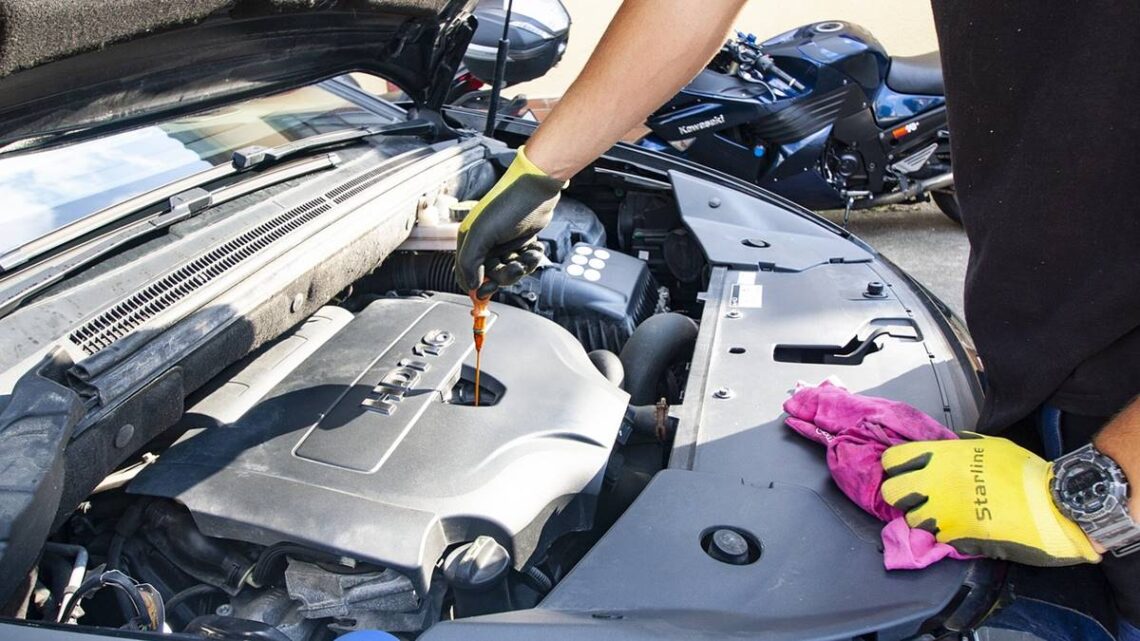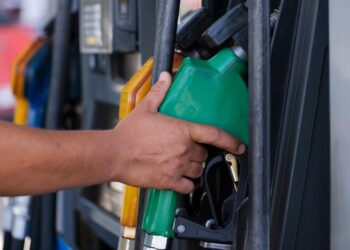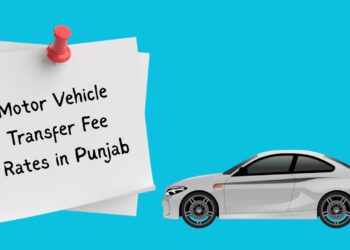Taking care of your car may seen to be a lot of work, but it is very important for the longevity of parts and making sure your vehicle stays in tip-top shape. In this article, we are going to highlight some of the basic car maintenance tips that everyone should know.
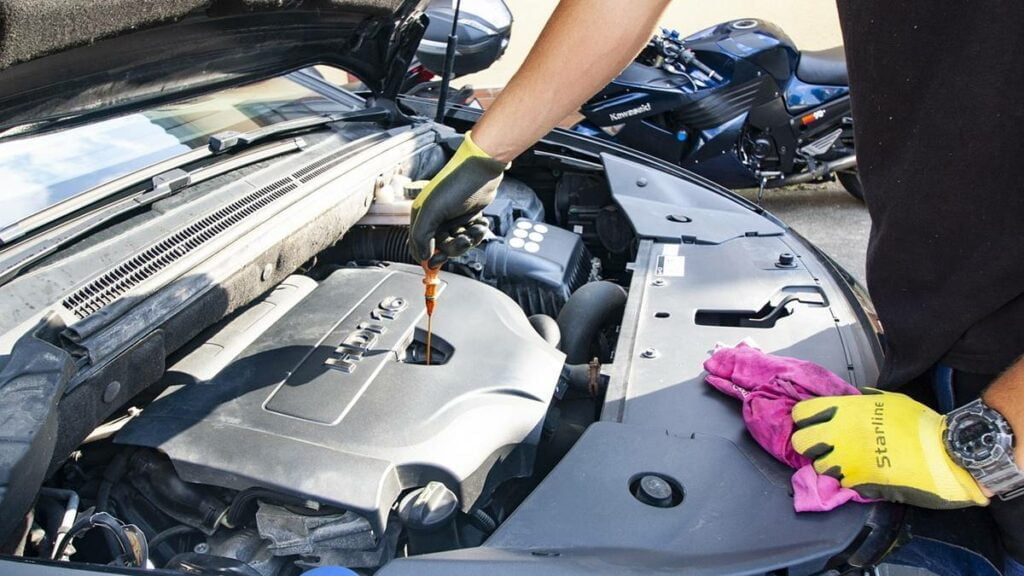
Overview
Basic car maintenance involves checking your spare tire, changing your oil, checking your coolant level, replacing parts like spark plugs or inspecting your belts and hoses on time. Furthermore, if you follow these basic maintenance tips, you can keep your car in the best condition possible and avoid unnecessary visits to the mechanic.
Basic Car Maintenance Tips
These are some basic car maintenance tips everyone should know if they own a vehicle.
1. Change Engine Oil
While most newer vehicles don’t require oil changes at short intervals, it is still very important to keep track of your mileage and change your engine oil based on your car manufacturer’s recommendation. Always remember to go through the owner’s manual to find out which type of engine oil is recommended for your vehicle.
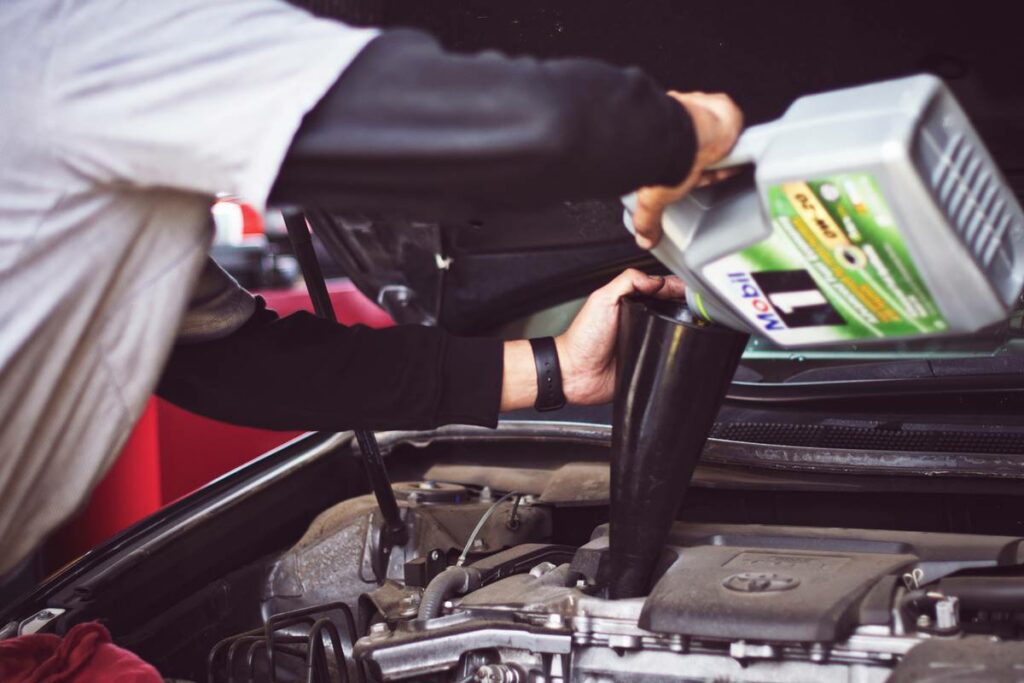
2. Replace Air Filter
Your car’s air filter helps to keep any insects, dust, particles, sand or debris from entering the engine and it needs to be replaced after a certain mileage. Make sure to consult your car’s owner’s manual regarding recommended intervals between air filter changes.
However, it helps to inspect the air filter physical and determine whether it needs to be changes as it may require a change sooner since the owner’s manual does not account for some harsh driving conditions, which means any road that isn’t clean pavement such as dusty, dirty or gravel roads.
3. Check Car Battery
Mostly overlooked, the car battery is very important and a determining factor towards overall reliability of your vehicle. You need to keep your car’s battery clean and inspect it regularly for corrosion as it may lead to cracks.
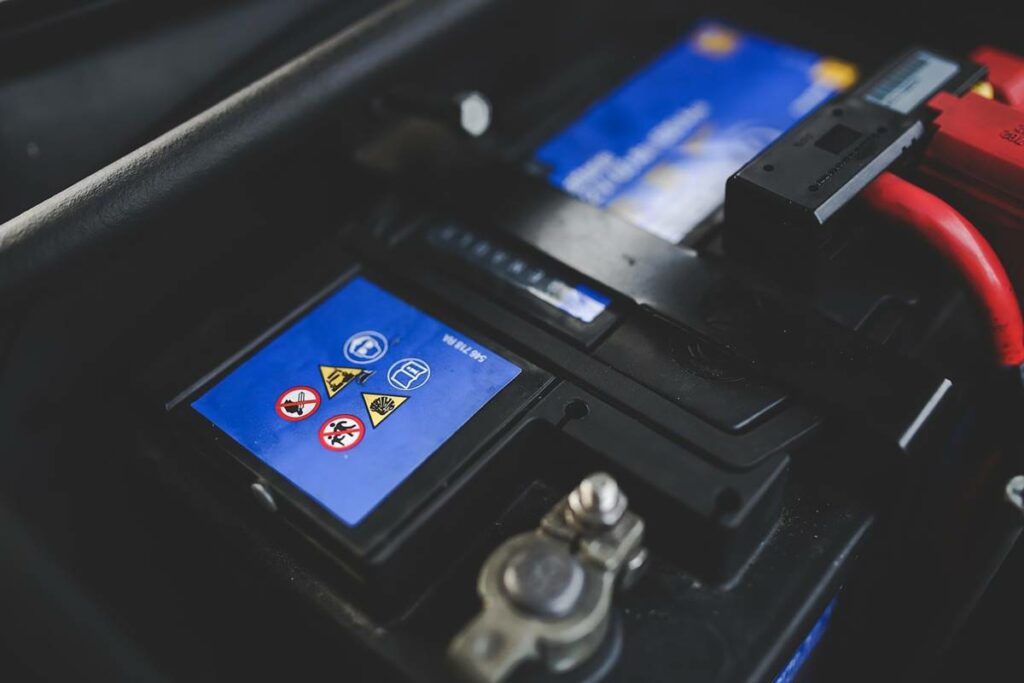
If your car’s battery performance is down, it’s time to replace it as it’s a very important component that is connected to the engine and provides power to vehicle’s electronics.
4. Check Coolant
Keeping an eye on your car’s coolant level is very important as it helps keeps the engine cool and prevents it from overheating and breaking down. Furthermore, you need to make sure that you change your coolant as per recommended intervals mentioned on your owner’s manual to avoid any corrosion inside your cooling system.
The coolant affects everything from a heater and air conditioner to a car’s radiator and water pump. Therefore, avoiding to keep a check your the coolant may cost a lot of money in the long run.
5. Check Spare Tire
Always remember to check your spare tire’s air pressure at least once a month to avoid inconvenience when you get a flat. Moreover, it also helps to make sure you have all the essentials, which includes necessary tools to change your tire.
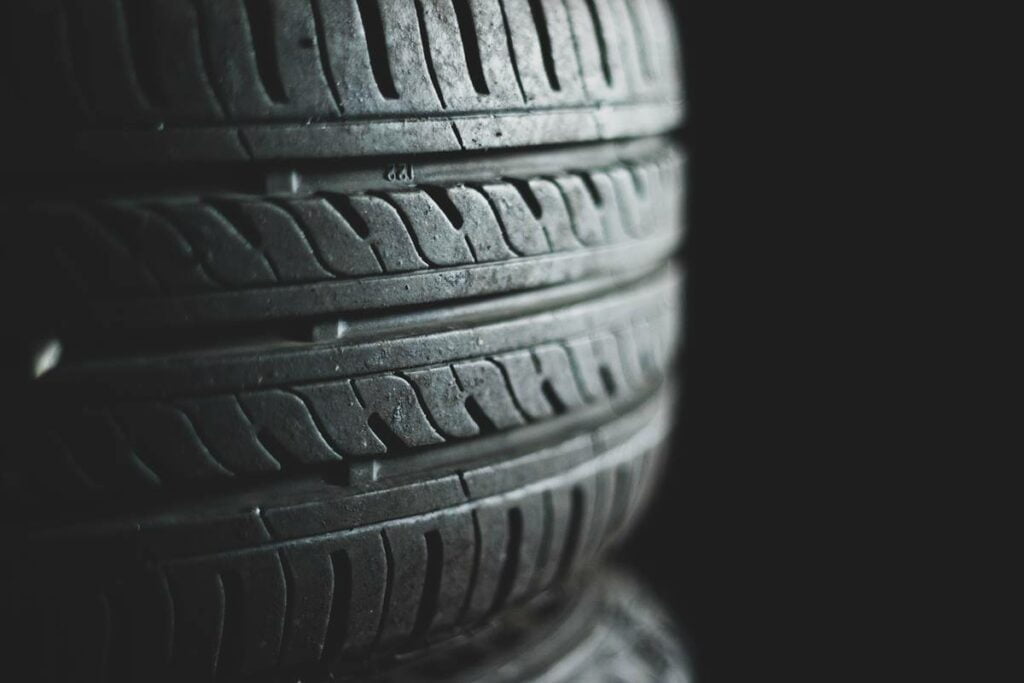
6. Get Your Tires Rotated
It is important to rotate your tires in order to extend their life as all four tires do not wear down at the same rates. Your car’s front and rear tires can wear down at different rates depending on your car, driving style and roads.
It is recommended to rotate your tires every 8-10,000 kilometers or 5,000 miles.
7. Replacing Your Windshield Wipers
Always remember to check your windshield wipers at the change or each season and replace them if necessary. This is a cheap maintenance and can make a sure difference in terms of driving as you need to see the road properly in order to be driving.

8. Check You Transmission Oil
Remember to check your transmission oil at regular intervals and make sure to replace it based on the instructions in your owner’s manual. It is normally recommended to change the transmission oil around 50,000 kilometers or 25,000 miles for most vehicles.
9. Check Brake Fluid & Replace Brake Pads
It is very important to regularly inspect your brake fluid levels to make sure there isn’t a leak. If your brake fluid levels are dropping significantly, you may want to get your vehicle inspected by a professional mechanic.
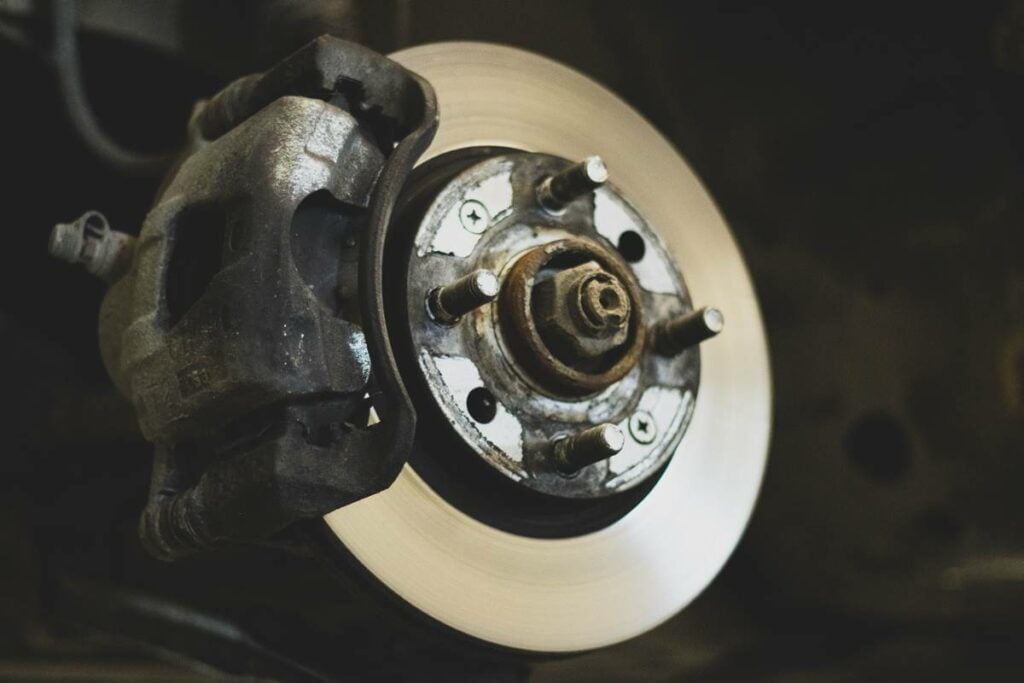
Furthermore, you must get your vehicle’s brake pads replaced on time to make sure braking performance stays top-notch and avoid any expensive repairs. Remember, if you are hearing any squeaking noises coming from your brakes, it might be time to get your brake pads inspected and changed.
It bears mentioning that brake pads may require replacement earlier than recommended on your owner’s manual because of different driving styles that may cause more wear and tear.
11. Inspect Your Belts and Hoses
Giving your belts and hoses a glance from time to time is recommended as worn-down belts can result in costly repairs as they can damage other essential components of your car. Furthermore, a hose leak may result in coolant leak and lead to overheating and damage to your car’s engine.
It is usually recommended to change your car’s timing belt every 100,000 kilometers or 60,000 miles. Meanwhile, it is recommended to replace your car’s hoses at least every four years or if they’re showing signs of wear.
10. Get Your Spark Plugs Checked
It is important to get your spark plugs checked by a professional and replace them if required as bad spark plugs can cause misfires and poor mileage as well. You can consult your owner’s manual for the recommended intervals between spark plug changes.
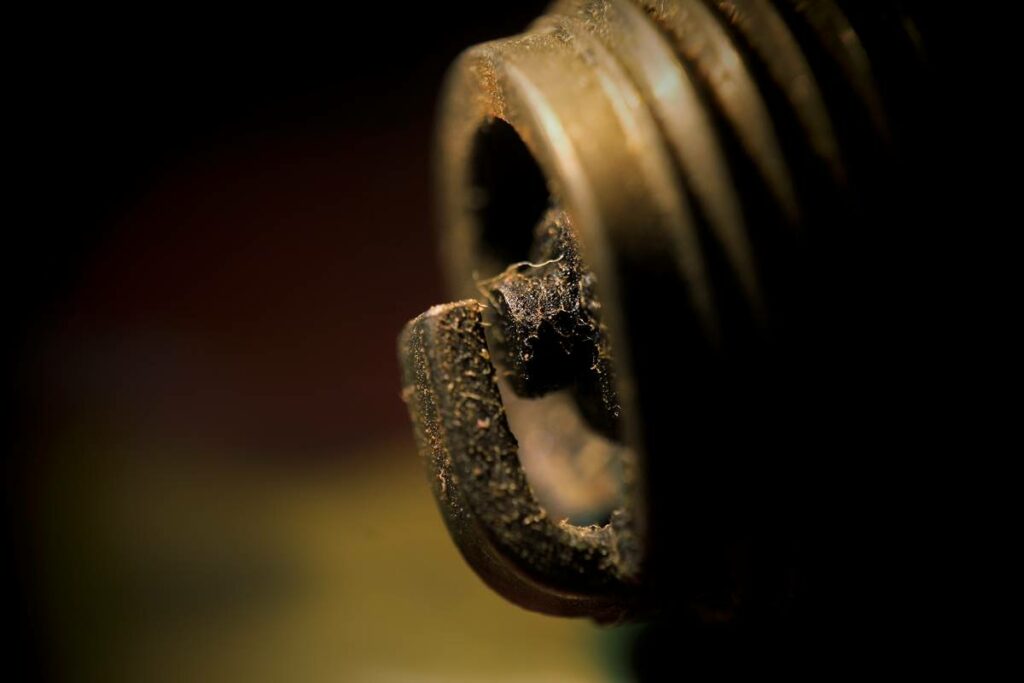
Usually, it is recommended to change your spark plugs every 30,000 miles or 50,000 kilometers.
Also, remember to check out our automotive section.
Follow INCPAK on Facebook / Twitter / Instagram for updates.
